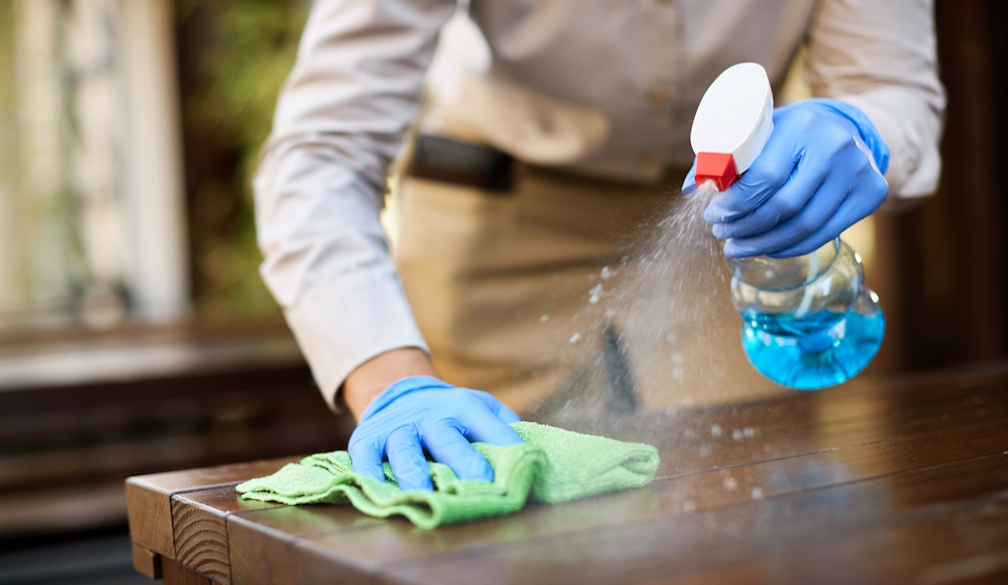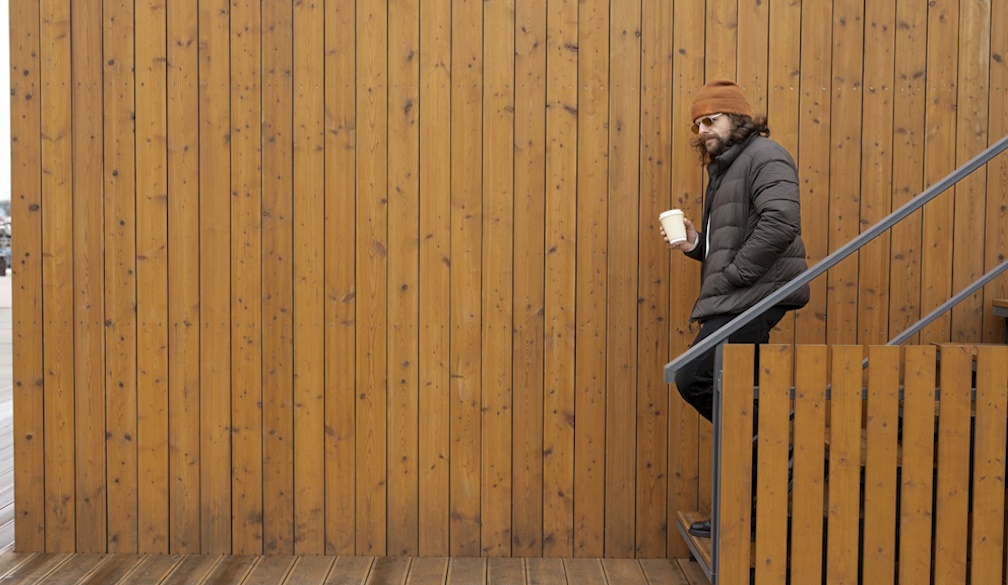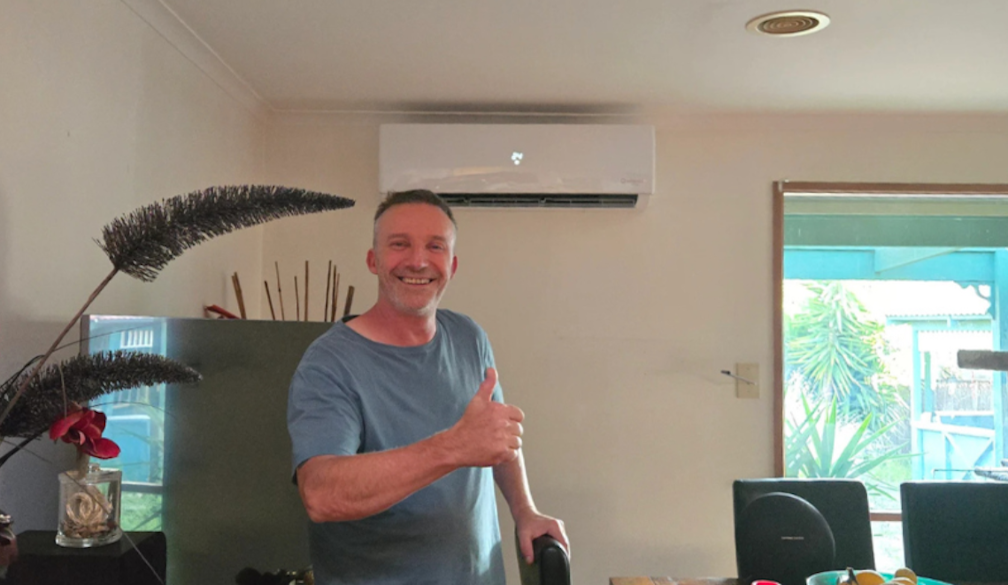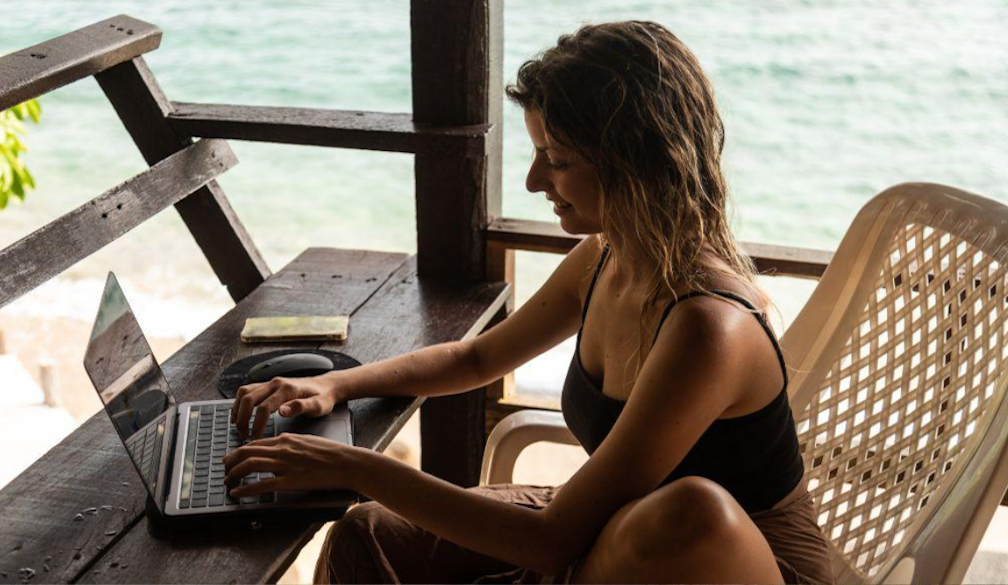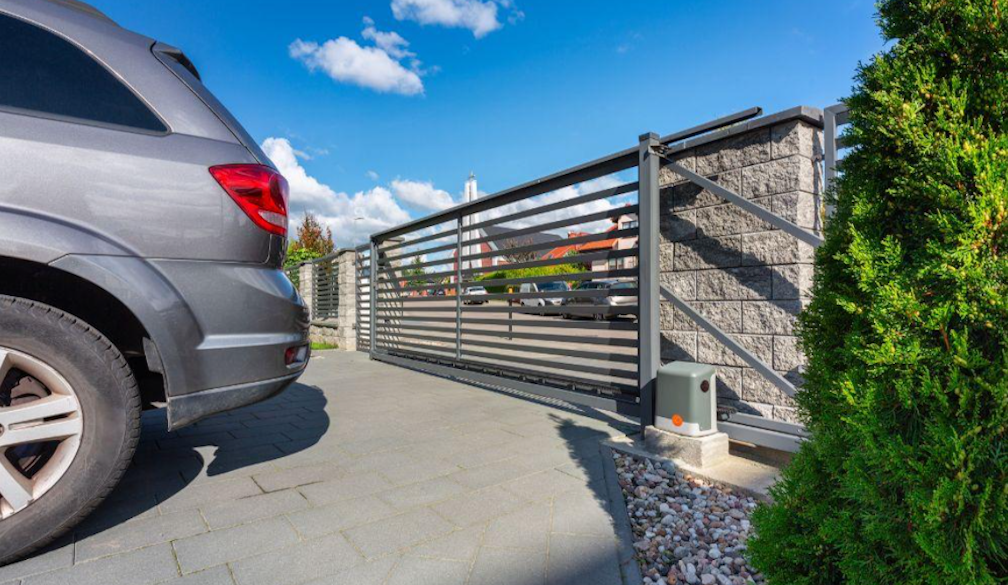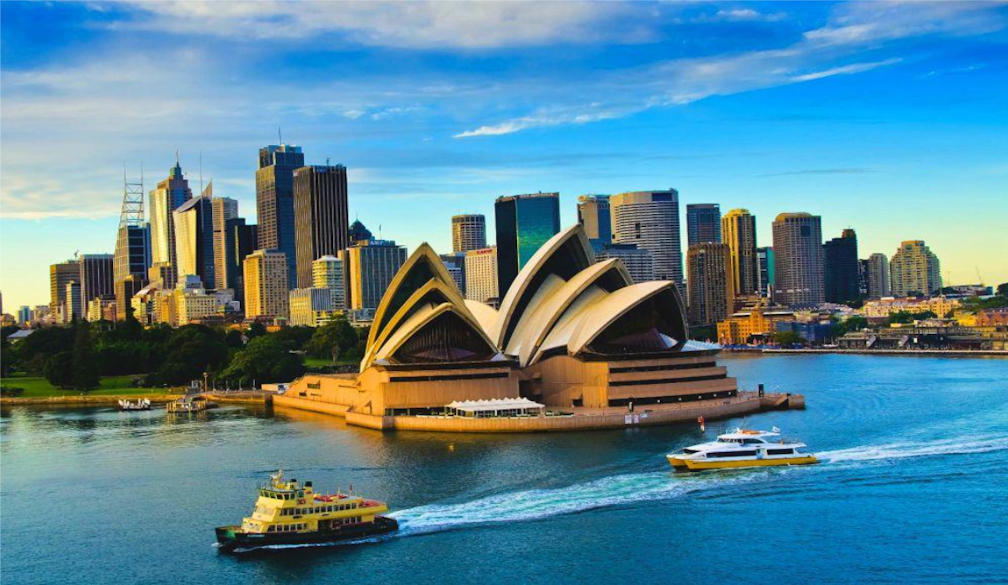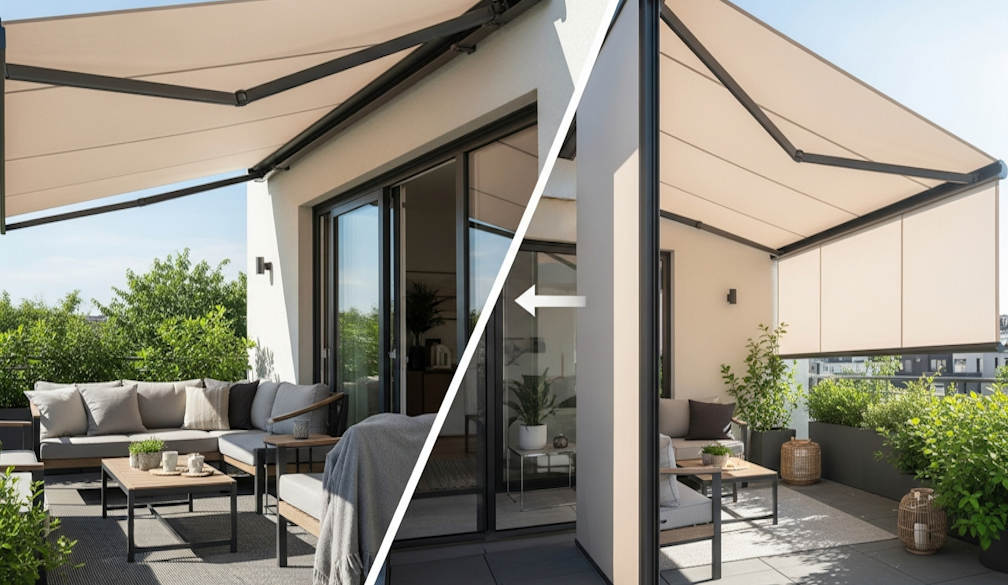According to a survey by Bupa, 70% of millennials are interested in learning more about how to maintain health, multiple barriers stand in their way.
A study by Bupa in Hong Kong surveying 500 Hong Kong millennials found that the biggest obstacle to maintaining a healthy lifestyle is not having enough time, cited by 53% of survey respondents. The second biggest barrier is too much stress (48%). And, perhaps unsurprising for the generation that pioneered on-demand entertainment, one in three Hong Kong millennials (33%) say that they don't prioritize a healthy lifestyle because it's simply too boring.
Millennials are different than the previous generation, viewing health as a holistic pursuit encompassing multiple aspects of physical, mental and emotional wellness. At the same time, millennials are pursuing career aspirations and caring for aging parents, while starting families of their own. Millennials are also getting older - some are already facing chronic health conditions. For others, the risk will only increase with age.
"Millennials represent a core subset of the Hong Kong population. Getting millennials to start on healthy habits today will be vital to help them stay well in the coming decades," said Andrew Merrilees, Managing Director, Bupa Hong Kong. "In order to design a wellness approach that works for this generation, healthcare providers, insurers, and the healthcare industry need to understand what matters most to millennials. Millennials are a generation of digital natives, famous for blazing new trails and transforming the ways we communicate, work, and experience the world."
Healthcare providers have a mandate to be more holistic in their offerings to millennials. Hong Kong millennials see wellness as encompassing multiple aspects of their lifestyle: from regular exercise, to a balanced diet, to high-quality sleep. Mental health is just as important as physical health, and many millennials also consider the health of the world beyond themselves. They also concerned about the wellbeing of their community and the natural environment, too. This sets millennials apart from the previous generation, who are more likely to see health as simply being free from illness.
Millennials invented the world we know today; a world of on-demand information, entertainment and communication. They are accustomed to the social media interface and expect the services offered to them to be cross-platform, personalised, and perhaps most important—fun. In this context, it's time for solutions that promote interactive healthcare engagement and learning, rather than just pushing out general medical information which could apply to anyone. When millennials feel catered to on an individual level, they will be more encouraged to take the steering wheel and start down the road to a healthier lifestyle—especially if there are enticing goal-oriented rewards to encourage even more positive progress.
Millennials need an ecosystem of wellbeing solutions which work together and are synced across platforms. Examples of this include virtual doctor appointments, easy-to-use patient portals, and personalised data repositories that give patients faster access to their healthcare information. Bringing wellbeing to the digital ecosystem will be even more important as millennials continue to age and find more chronic healthcare needs, which is why Quality HealthCare Medical Services Limited (QHMS) recently launched its DigiHealth Point to centralise remote healthcare services and optimise the "Prediction, Prevention and Treatment" approach to chronic disease management.
The future of healthcare is already being defined by the needs of millennials today. It is a generation full of health-conscious people, who will gladly admit to needing additional support to bring their wellness to the next level. Now is the right moment for more services and solutions to support millennials in overcoming their healthcare barriers and discovering a brighter, healthier future ahead.
Hashtag: #Bupa
The issuer is solely responsible for the content of this announcement.


